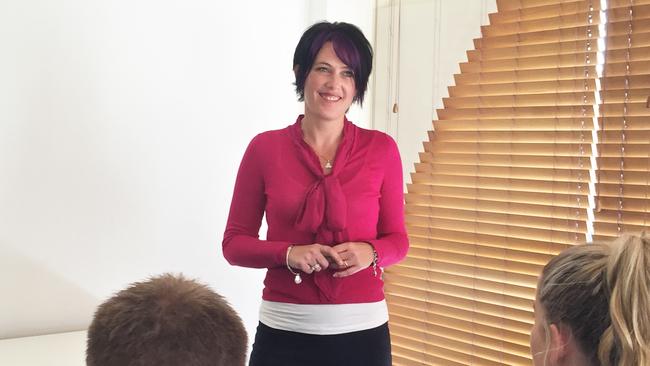Engagement blossoms with nurturing feedback
For many people, feeling trusted and appreciated has a profound influence on their depth of engagement in the workplace.

The simple truth is people are likelier to strive to achieve the standards required of them if they believe they will be fairly recognised and rewarded.
Conversely, when people feel a lack of respect and reasonable reward from their employer, they are less likely to invest the full strength of their potential in getting the job done.
For many people, feeling trusted and appreciated has a profound influence on the strength of their spirit and ultimately the depth of their engagement.
Gallup research spanning four million employees worldwide paints a clear and compelling picture of the link between reward and recognition, and organisational performance. Improved individual productivity, increased engagement among colleagues and staff retention are all reported benefits, as are higher loyalty and satisfaction scores from customers, better safety records and fewer accidents on the job.
According to Gallup, “Workplace recognition motivates, provides a sense of accomplishment and makes employees feel valued for their work. Recognition not only boosts individual employee engagement but it also has been found to increase productivity and loyalty to the company, leading to higher retention.”
For reward and recognition efforts to have a positive impact on people, however, they need to be delivered well. It is especially true, for example, that younger generations of workers may need regular and immediate feedback that allows them to feel a sense of achievement and progress.
Among the most essential ingredients of a successful approach are fairness and consistency. The decisions made to reward and recognise one person or group send clear signals to the rest of the team about what is truly valued. Leaders are wise to make carefully considered decisions about the outcomes or behaviours recognised, or risk losing the confidence and engagement of other people across the team.
While financial rewards play a role in inspiring a sense of personal value and commitment, far more important are the words of gratitude people need to hear and acts of generosity they value. Leaders need to look for opportunities to vocalise their appreciation for the energy invested, talent leveraged and results achieved by people every day.
Research conducted by McKinsey & Company supports the view that non-financial incentives are more powerful motivators than money. Research consistently shows that for people who are satisfied with their salaries, non-financial rewards are more effective than more money when it comes to building long-term employee engagement.
According to McKinsey & Company, “Many financial rewards mainly generate short-term boosts of energy, which can have damaging unintended consequences.” Consider for a moment the undermining influence on team cohesion and morale of reward systems that recognise individuals for the outcomes they achieve irrespective of the ways in which they choose to behave. Whether through reward or recognition, never hold up as an example a member of the team who undermines the spirit and success of the group as a whole.
Optimising positive impact can be achieved in part by tailoring rewards to each individual. While many organisations provide standard rewards or forms of recognition, people often appreciate the effort invested and personal nature of the reward more than the gift itself. With a little understanding of each member of their team, leaders can provide rewards aligned with the personal interests of the individual.
Even the most talented and energised member of a team can disconnect if they fail to receive the recognition they believe they deserve. Leaders need to avoid the common mistake of focusing heavily on those letting down the team while failing to let high performers know they are valued. Taking the time to say thank you and well done can go a long way to maintaining engagement even in the most challenging times.
Karen Gately is the founder of HR consultancy Ryan Gately.


